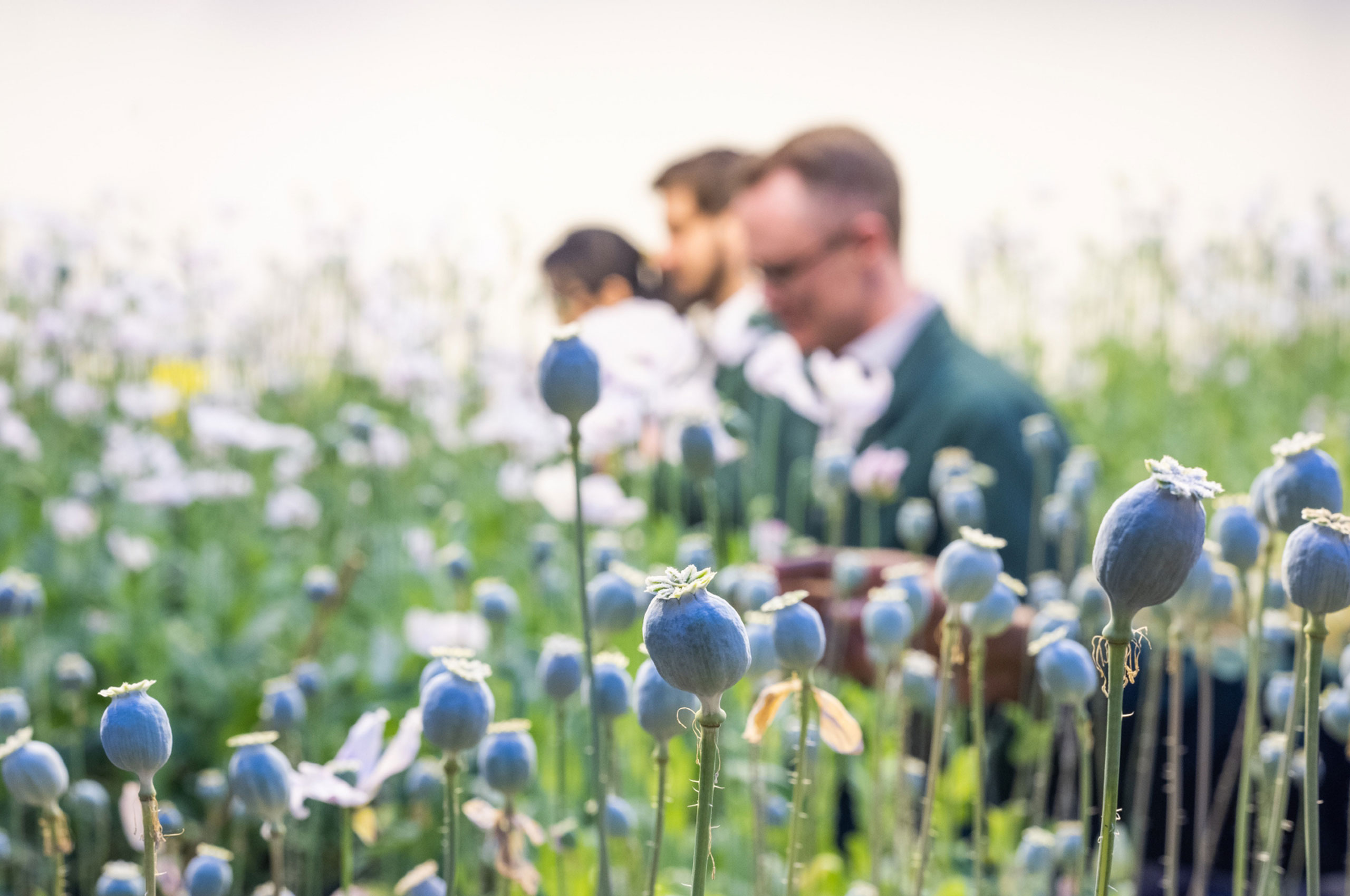An era of partnerships

Once upon a time, there existed a chasm which divided the world of scientific research from the commercial products and services it yielded.
Increasingly, now, that division is shrinking, and the best and brightest industry players are those that work side-by-side with researchers and experts, through the research and innovation pipeline.
In this area, we are on the right side of history – so says Professor Tony Bacic, Director of the La Trobe Institute for Agriculture & Food (LIAF) based in the AgriBio Building, Bundoora.
Formerly a Director of the University of Melbourne's Bio21 Institute – an Institute that focuses on basic science and applied biotechnology, Tony knows all too well that academic strength lies in collaboration and industry know-how.
‘The attraction for me to La Trobe was several-fold,’ Tony says, remembering his move to Bundoora back in 2017. ‘There is a philosophy within this university at all levels, including senior levels, that is really genuine about engaging with industry, and also with community.’
Tony says the University boasts some key senior researchers who have an extensive track record of engaging with industry – and it would certainly seem that Tony himself is among them.
Partners in research
Tony’s team has existing relationships with two strong industry players in PepsiCo and Cann Group. While both significant, these two partners are on very different ends of the agriculture spectrum: a three-year, $2 million project with PepsiCo has centred around investigating soluble dietary fibre in cereals. Meanwhile, Cann Group is an agriculture company cultivating and manufacturing medicinal cannabis products.
Nowadays, Cann Group’s company headquarters are co-located at La Trobe’s Research and Innovation Precinct, and they are the anchor company for a $24 million Australian Research Council (ARC) Medicinal Agriculture Research Hub, based at La Trobe.
‘The beauty of the Cann Group relationship is that, thanks to co-location, we actually have our students, our post-docs and our staff working jointly with Cann to develop up research programs,’ says Tony. ‘So everyone is getting on-the-job industry experience as they're involved in setting the milestones, meeting the milestones, and reporting.’
Tony says as soon as someone has to get in a car and drive somewhere off-site, the level of interaction dwindles. ‘We can walk across the road and be linked into industry partners, and that makes a huge difference.’
Strength in development
The success of these partnerships has obvious roll-on effects for the University’s international reputation, and Tony says La Trobe has supported the partnership the whole way – respecting the need for efficient turnarounds and tight timeframes.
‘La Trobe has flexibility with commercialisation and commercial arrangements, which is important,’ he adds. ‘Many universities are very inflexible when it comes to IP ownership contracts and things like that – but there's a desire and willingness here from senior administration to engage with industry.’
Tony believes Research and Development (R&D) capabilities are one of La Trobe’s best assets, particularly in the area of agriculture.
‘The problem in Australia is that we're the technical outpost for all sorts of companies, but we're rarely the R&D headquarters,’ Tony says. ‘That's why medicinal agriculture is an opportunity, because of the quality of our research, and the capacity to translate it to value-added end products in the market.’
Tony says La Trobe is the perfect R&D partner for a number of reasons, particularly space and infrastructure factors.
‘La Trobe’s AgriBio Building is considered among the best R&D ag-food capabilities in Australia. It has extensive glasshouses and controlled environment rooms for plant growth'.
‘We've got most of the infrastructure that we need in place, and we've got the administrative, legal and commercial systems that operate and that can quickly strike a deal.’
The time to collaborate is now; and it seems La Trobe has never been more ready.